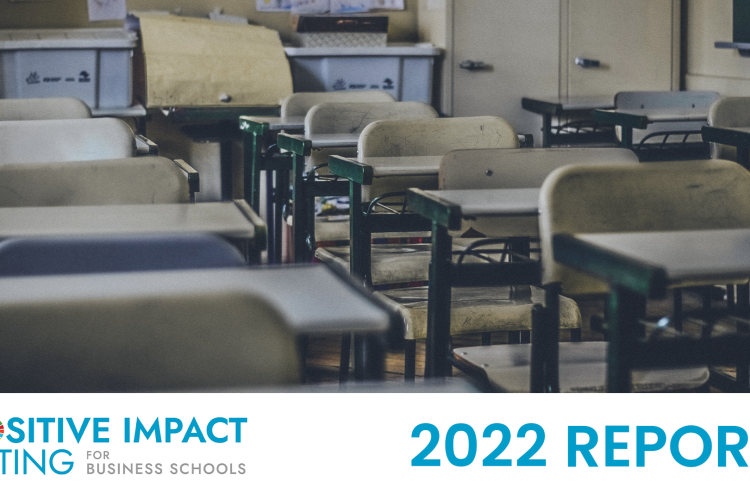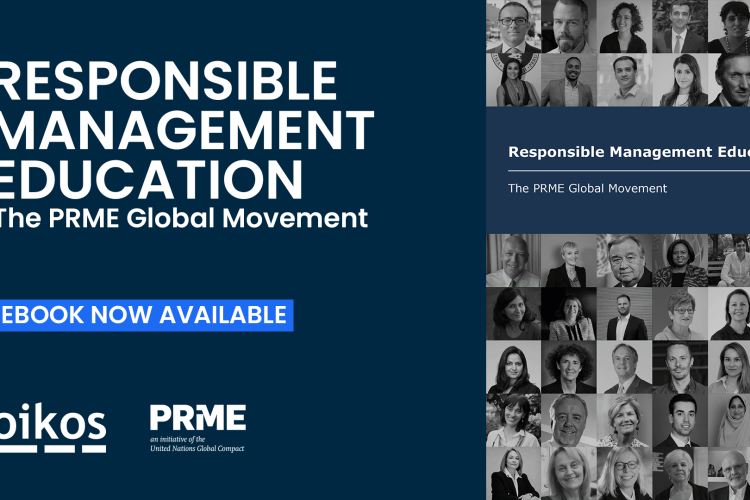Case Abstract
This case study is about Irvine, California-based WaterHealth International Inc. (WHI), a social purpose for-profit venture in the safe water sector, focused on serving the traditionally underserved ‘Bottom of the Pyramid’ (BoP) segment. The company’s aim was to ensure increasing returns for the company and its investors while achieving a social impact.
Developing countries face a water crisis with more than 2 billion people lacking access to potable water and often having to rely on contaminated water resources. This has led to children suffering from diminutive growth due to water-borne diseases. In addition to deaths and economic loss, women and girls, on whom the burden of obtaining water falls, have to trek long distances and spend hours of their time fetching water – time that could be better spent with the family or on economic activities.
Distressed by the suffering caused by water-borne diseases and the associated economic loss, Ashok Gadgil (Gadgil), an Indian born physicist at Lawrence Berkeley National Laboratory, sought to find a solution to the problem. And he came up with the innovative and breakthrough UV Waterworks (UVW) technology. The UVW technology disinfected water from harmful pathogens and microbes with the help of ultraviolet light. The result was safe and clean drinking water that exceeded the World Health Organization’s (WHO) water standards and was sold to BoP consumers. In 1996, Gadgil licensed the UVW technology to WHI, set up by Ghana-born entrepreneur and Johnson & Johnson veteran Tralance Addy (Addy).
As the CEO of WHI, Addy played a crucial role in refining the business model. WHI helped arrange loans for communities to finance the installations of its water systems and the beneficiaries had to pay a nominal user fee to avail of the service. The company also offered a franchise model to entrepreneurs where they received a return on investment within 12 to 18 months. The proceeds were enough to cover the expense of the UVW system, cost of installations, and maintenance of the equipment. WHI was successful in attracting commercial financing for setting up its water systems.
As of mid-2009, more than 600 WaterHealthCenters (WHCs) had been installed in many countries including India, the Philippines, and Ghana, providing safe water to more than one million people around the world. WHI’s aim was to take the UVW technology and its water system to needy communities throughout the world by establishing a global presence. While experts appreciated WHI’s efforts to provide potable supply of water to underprivileged communities in developing countries and felt the business model was sustainable, they pointed out that certain aspects of its water systems and business model needed to be changed to make it more relevant to the target segment. Obtaining the capital to help more communities finance these water systems, so as to ultimately achieve significant scale relative to the magnitude of the problem, was another challenge.
[table id=82 /]



